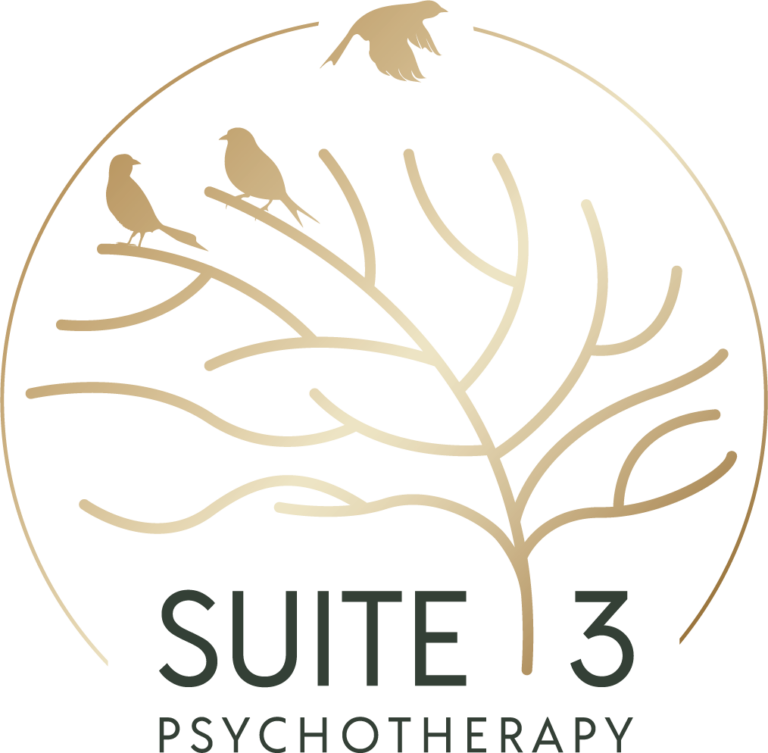Grief is a natural process that most people experience following a meaningful loss. Although everyone copes with grief differently, nearly everyone navigates the process in stages. While grieving is important following a loss, it may appear very differently from person to person. Many people find the grieving process to be more straightforward with the assistance of a grief counselor. Grief counseling encourages safe and comforting grief that ultimately facilitates healing after a loss.
Did You Know?
That grief is not only associated with the death of a loved one. In fact, it can occur at the loss of a pet, a job, a sentimental inanimate object, or even an intangible idea. Regardless of the object of your grief, the feelings and emotions that you experience following your loss are very real. You’ll go through stages of grief that help you cope with your loss. Those stages may include denial, anger, depression, and finally acceptance.
Frequently Asked Questions:
Do I need grief counseling?
You may need grief counseling if you are at any stage in the grieving process. It is not only for recent losses but rather for people who are still coping with feelings of deep sorrow or despair over a loss. Grief counseling is especially beneficial for those who have grief that interferes with normal, day-to-day life.
What should I expect during grief counseling?
Grief counseling is different for everyone; but put simply, it is a safe place to express your feelings to an experienced counselor who understands the processes you are going through. Grief counseling is often comforting to those who may have felt like they are taking too long to heal or process a loss. You’ll have the undivided attention of a person who will not judge you, but rather will encourage you to grieve for as long as you need to in order to achieve healing.
What happens after I have completed grief counseling?
The grief process is ongoing and may not necessarily end when you no longer need professional counseling. Grief counseling is not meant to stop the pain of grief, and it cannot bring back a loved one. It can, however, provide you with helpful tips for adjusting to and moving forward with your new life despite your loss. This may include learning a new skill, picking up a new hobby, exercising, meditating, or even pursuing something you’ve always wanted to do.







